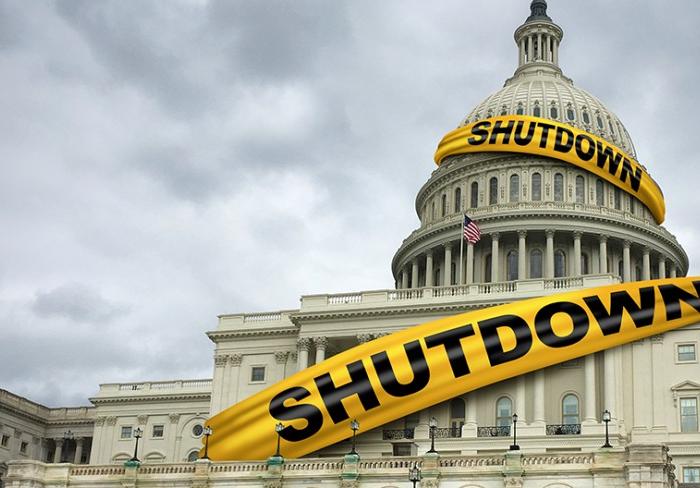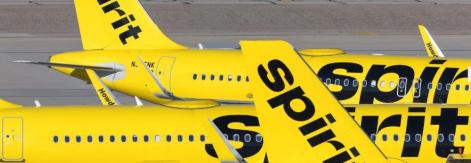Puerto Maldonado, in Peru´s south-eastern Amazon region, feels like the end of the road. In this hot, dusty town 500 miles east of Lima, young men on motorbikes scour the streets looking for taxi fares. Cars cannot handle the dirt-and-pebble roads.
Within two years, this backwater will be at the center of South America´s most important road. Today, construction begins on the Peru-Brazil transcontinental highway, a 40-year-old plan to connect the Atlantic to the Pacific.
Brazil´s local currency, the real, kept strengthening this week against the dollar as record exports and some of the highest interest rates worldwide increase, prompting trade and investment inflows.
"The real rose to its strongest against the dollar since April 2002 on expectations that monthly trade surpluses will remain close to June´s record $4.03 billion," said Flavio Farah, Treasury desk chief with WestLB in Sao Paulo.
Thirty agents who filed an antitrust suit against seven commission-cutting airlines in U.S. District Court here two years ago withdrew their lawsuit last week with a view to watching for outcomes of other similar suits before re-entering the fray.
The Ohio case -with Timeless Travel in Valley View, Ohio, as lead agency- is one of three in which a limited number of named agencies brought action for damages to their own businesses but without pursuing a class action.
Priceline.com has just acquired Bookings B.V., a European Internet hotel reservation service, for $133 million, Priceline said.
The move supplements Priceline´s purchase last year of Active Hotels. Together, the two have negotiated rates with 18,000 properties, primarily in Europe, Priceline.com noted.
Caribbean Community Heads of Government concluded last week their 26th annual summit in St Lucia on a high note of optimism, stressing the "triumph of unity" against a backdrop of sharp differences over critical issues.
These include West Indies cricket, petroleum demands and supplies and modalities of conducting their own business.
A wave of strikes and opposition protests against the government´s social security reform is likely to delay an ambitious $4 billion plan to widen the Panama Canal in an effort to relieve congestion from growing traffic.
The social security changes, approved in May, are designed to head off bankruptcy of the government pensions system and to clean up public finances, a move that would clear the way for the Canal to seek financing for the expansion on favorable terms.










